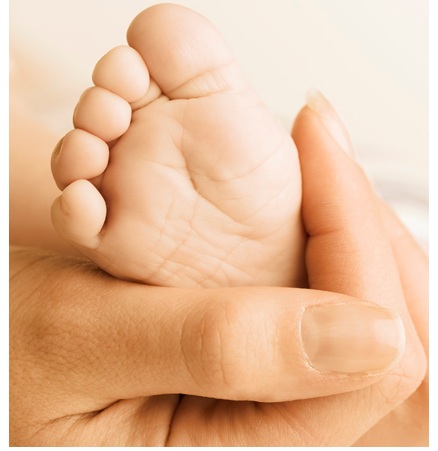Forced abortion
China to pay family in a case of forced abortion
 The woman who was forced to undergo a grisly late-term abortion in northwest China, an action that prompted a broad public outcry over family planning policy, will receive a cash settlement from the local government, her husband said Wednesday.
The woman who was forced to undergo a grisly late-term abortion in northwest China, an action that prompted a broad public outcry over family planning policy, will receive a cash settlement from the local government, her husband said Wednesday.
The authorities have already fired two officials, sanctioned five more and issued a formal apology in the case, a measure of the impact of the furor channeled on the Internet.
"We want to return to our home and move on with our life," said the husband, Deng Jiyuan. "This was a tragedy, but life has to continue." He said the local government agreed to pay $11,200.
Mr. Deng's wife, Feng Jianmei, was seven months pregnant when she was forced to undergo the abortion by chemical injection because the family could not afford the fine for having a second child. China limits ethnic Chinese families to one child, but the local authorities often allow a second if a fine is paid.
A picture of Ms. Feng, lying bloody and exhausted next to the aborted fetus, circulated widely on the Internet in China.
After the family began accepting interviews from foreign news media, local officials put pressure on them. At one point, Ms. Feng was not able to leave the hospital and Mr. Deng went to Beijing to seek help. Speaking by phone while leaving Beijing for his home in central Shaanxi Province, Mr. Deng said he hoped the family could be accepted in their village again. "Most people support what we did," he said.
The case also renewed calls for family planning law in China to be loosened. Last week, 15 prominent scholars called for the law to be relaxed. They argue that it is too strict.
Others in China argue that the country faces demographic problems — an aging population similar to Japan's but at a fraction of the economic wealth — that have already left cities like Shanghai and Beijing with a huge number of older citizens. Proposals have been floated to raise the retirement age so that workers do not have to support so many retirees.
Cities are also building retirement homes. The Chinese ideal is for older people to live with their children, but the lack of offspring sometimes makes this difficult.
(Published by NY Times - July 11, 2012)